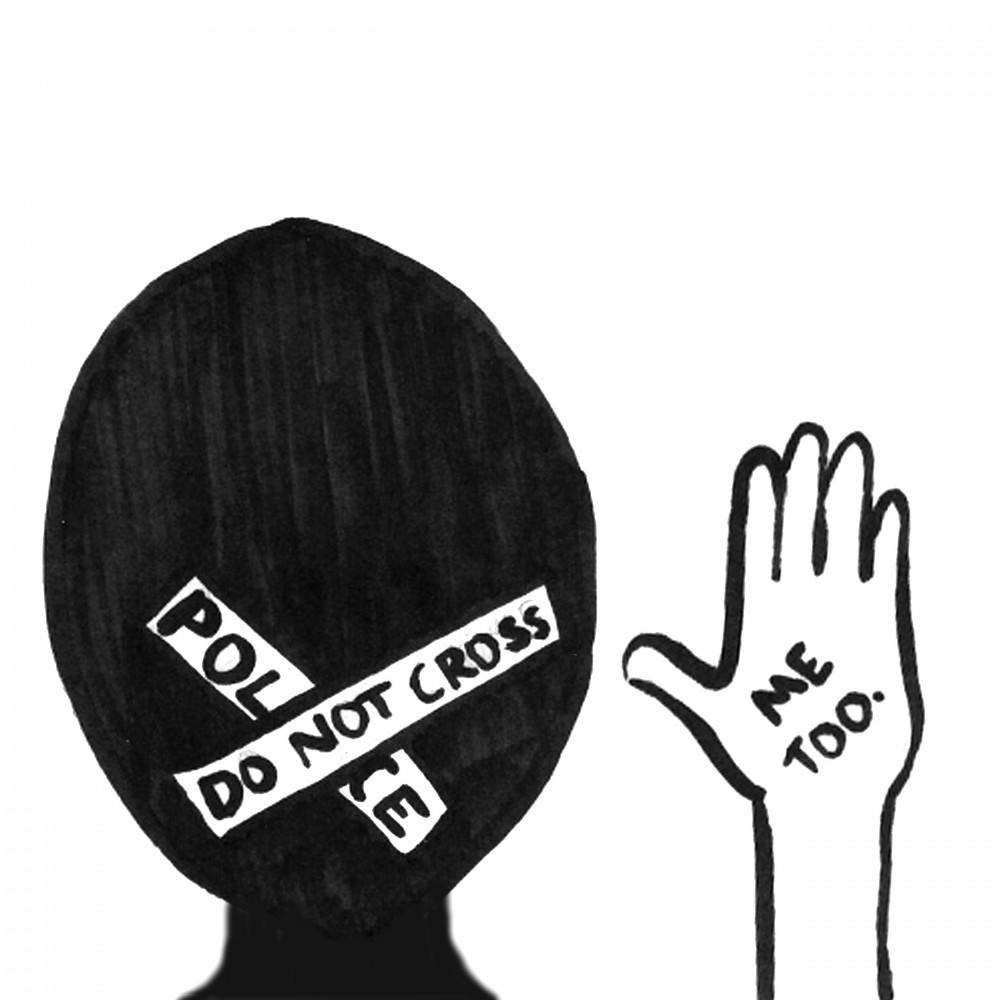A Brooklyn teenager who accused two NYPD detectives of sexually assaulting her in September has now divulged an account of city police officers intimidating her out of pressing charges.
The Editorial Board finds this type of behavior from those who claim to “serve and protect” utterly indefensible. This occurrence is an acute example of why many victims of rape or sexual assault do not come forward with their accusations.
Additionally, this kind of action from a police force drives a larger wedge between law enforcement and the communities they serve.
The accuser, Anna Chambers, claims multiple officers came into her hospital room while she was seeking a rape kit the night of the alleged rape.
They repeatedly tried to convince her that the men she was accusing were not real police officers, and that she should drop all charges.
In reality, the two men Chambers has accused are NYPD detectives Eddie Martins and Richard Hall. They admitted to having had sex with Chambers on the night she sought the rape kit, but claimed it was consensual.
They have pled not guilty to their indictment, but have resigned from the NYPD.
Police officers and detectives are supposed to exist to protect the communities in which they are placed.
Allegedly raping a teenager in one such community is already inexcusable, but the intimidation of that teenager afterward is adding insult to injury.
Any attempt from anyone to convince a victim of rape or sexual assault out of reporting that offense cannot be tolerated.
By the same token, placing pressure on a victim to get him or her to report is also not advisable.
It should be at the discretion of the alleged victim and no one else, whether or not to report the offense. Everyone deals with trauma differently, and stepping in to intimidate someone into a decision does nothing to help the traumatic situation.
The police officers involved in Chambers’ hospital room intimidation should step down like their detective colleagues. They not only rejected their responsibility to serve and protect citizens, but also displayed little to no empathy for a woman who had just undergone a distressing situation.
Chambers' claims of intimidation bring up intersection of two major subjects in the realm of law enforcement: community trust and the propensity sexual assault reporting.
The police have long since been under fire for their fostering of poor relationships within their communities.
The shooting of Michael Brown at the hands of a police officer in Ferguson ignited a nationwide conversation about whether or not constituents can trust the very people who are entrusted to protect them.
The numerous accounts of police brutality at the Black Lives Matter demonstrations that followed Ferguson complicated the conversation about the role of law enforcement.
Intimidation of a potential rape victim only hurts the image of police. It also adds to the list of reasons a rape victim may have not reported or tried to bring their accused to justice.
The recent influx of sexual harassment and assault accusations has brought a lot of empowerment to victims of these crimes. But, it has also brought skepticism about the validity of the accusations.
Women and men who have experienced sexual violence may feel discouraged about reporting their experience for fear that other people —like family, friends or even strangers online— may not believe them.
The idea that the people they might be reporting to would not believe them is even worse.
Police officers have a responsibility to serve and protect their communities, regardless of whether their colleagues are the ones they need to protect against.
We all have a responsibility as humans to respect and support those who come forward about sexual violence.




